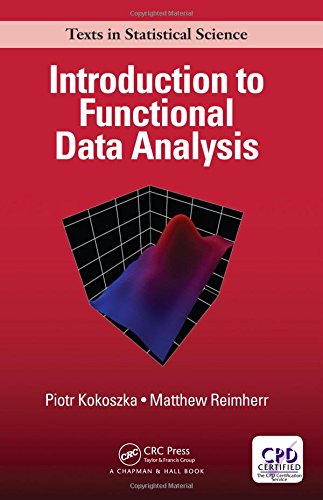

Most ebook files are in PDF format, so you can easily read them using various software such as Foxit Reader or directly on the Google Chrome browser.
Some ebook files are released by publishers in other formats such as .awz, .mobi, .epub, .fb2, etc. You may need to install specific software to read these formats on mobile/PC, such as Calibre.
Please read the tutorial at this link: https://ebookbell.com/faq
We offer FREE conversion to the popular formats you request; however, this may take some time. Therefore, right after payment, please email us, and we will try to provide the service as quickly as possible.
For some exceptional file formats or broken links (if any), please refrain from opening any disputes. Instead, email us first, and we will try to assist within a maximum of 6 hours.
EbookBell Team

4.7
86 reviewsIntroduction to Functional Data Analysis provides a concise textbook introduction to the field. It explains how to analyze functional data, both at exploratory and inferential levels. It also provides a systematic and accessible exposition of the methodology and the required mathematical framework.
The book can be used as textbook for a semester-long course on FDA for advanced undergraduate or MS statistics majors, as well as for MS and PhD students in other disciplines, including applied mathematics, environmental science, public health, medical research, geophysical sciences and economics. It can also be used for self-study and as a reference for researchers in those fields who wish to acquire solid understanding of FDA methodology and practical guidance for its implementation. Each chapter contains plentiful examples of relevant R code and theoretical and data analytic problems.
The material of the book can be roughly divided into four parts of approximately equal length: 1) basic concepts and techniques of FDA, 2) functional regression models, 3) sparse and dependent functional data, and 4) introduction to the Hilbert space framework of FDA. The book assumes advanced undergraduate background in calculus, linear algebra, distributional probability theory, foundations of statistical inference, and some familiarity with R programming. Other required statistics background is provided in scalar settings before the related functional concepts are developed. Most chapters end with references to more advanced research for those who wish to gain a more in-depth understanding of a specific topic.